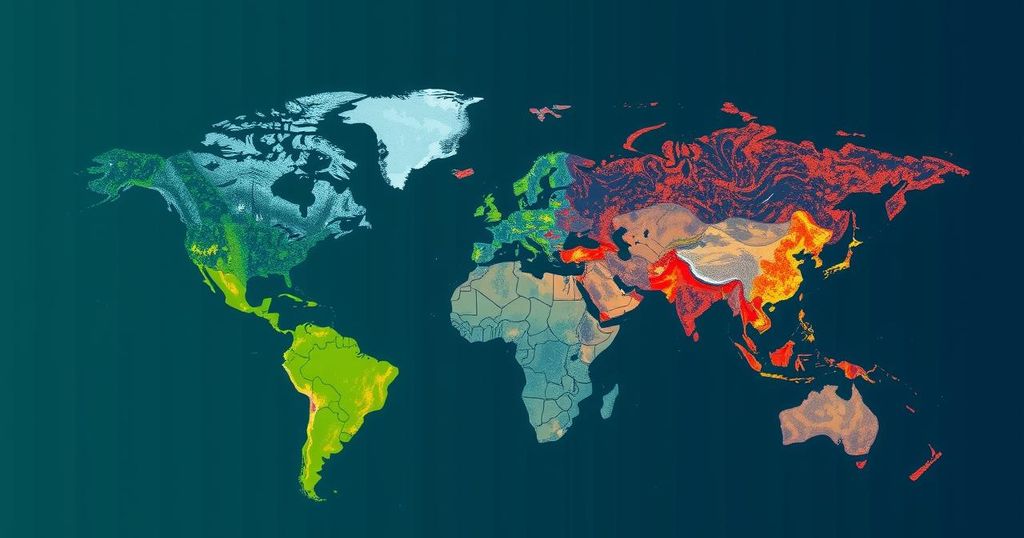The Significance of Climate Security for U.S. Foreign Policy

The global impact of climate change on security forces nations to rethink their approaches to safety and stability. The Wilson Center’s dialogue on climate security emphasized the links between climate stressors and conflict, discussing how the U.S. can address these challenges. Featuring insights from expert authors, the event aimed to foster a collective understanding of climate-related security risks and the importance of international cooperation in addressing them.
The pressing issue of climate security has taken center stage as unprecedented climate events such as extreme heat waves and catastrophic flooding threaten the resilience of communities worldwide. These climatic stressors not only amplify existing conflicts but also worsen social inequalities. In recognition of these challenges, nations have committed to a global energy transition, which, while necessary, introduces its own geopolitical complexities. It is crucial for nations and multilateral organizations to comprehend the intricate connections between climate change, conflict dynamics, and peace-building efforts. This necessity is evidenced by the COP28 Declaration focusing on Climate, Relief, Recovery, and Peace. On October 1, the Wilson Center collaborated with the Center for Climate & Security for a thought-provoking dialogue. The event featured climate security expert Sherri Goodman, acclaimed environmental journalist Peter Schwartzstein, Middle East specialist Merissa Khurma, and Anne Witkowsky, Assistant Secretary of the Bureau of Conflict and Stabilization Operations at the U.S. Department of State. The discussion aimed to illuminate how climate change influences global security challenges, the evolution of U.S. strategies concerning climate security, and potential avenues for enhancing stability through collective climate action. Insights from Goodman’s upcoming book, “Threat Multiplier: Climate, Military Leadership, and the Fight for Global Security,” and Schwartzstein’s recent publication, “The Heat and the Fury: On the Frontlines of Climate Violence,” provided a rich foundation for the conversation.
Climate security refers to the intersection of climate change and national and global security. The growing frequency and intensity of climate-related disasters have been linked to increased instability and conflict. As countries navigate the imperative of transitioning to sustainable energy solutions, they also face geopolitical challenges and resource scarcities that may exacerbate tensions. The COP28 Declaration underscores the global acknowledgment of these issues, advocating for collective efforts to integrate climate considerations into conflict resolution and peacekeeping strategies.
In conclusion, the discourse on climate security is becoming increasingly urgent as nations confront the dual challenges of climate change and geopolitical instability. Through dialogues such as the one hosted by the Wilson Center, stakeholders can better understand the implications of climate on security and explore strategies for cooperative action. The insights shared during this event highlight the need for robust engagement in climate security to foster resilience, mitigate conflict risks, and promote equitable recovery processes.
Original Source: www.wilsoncenter.org






